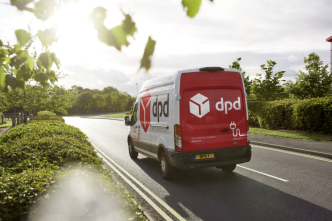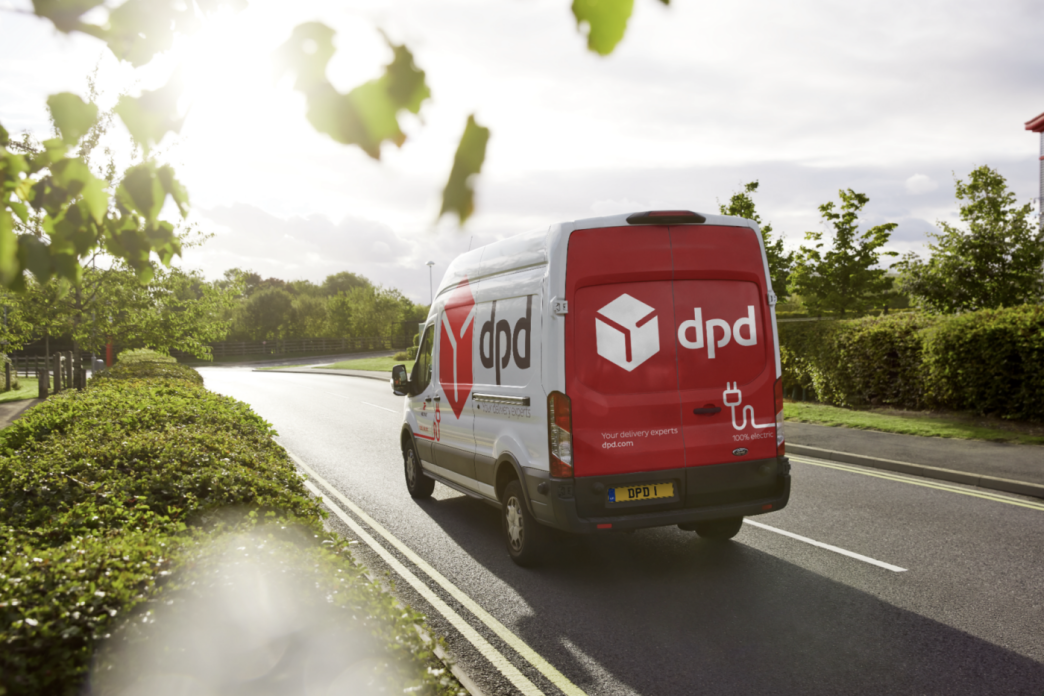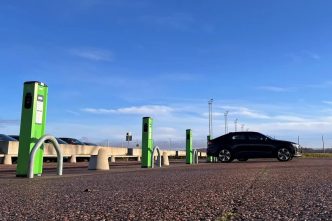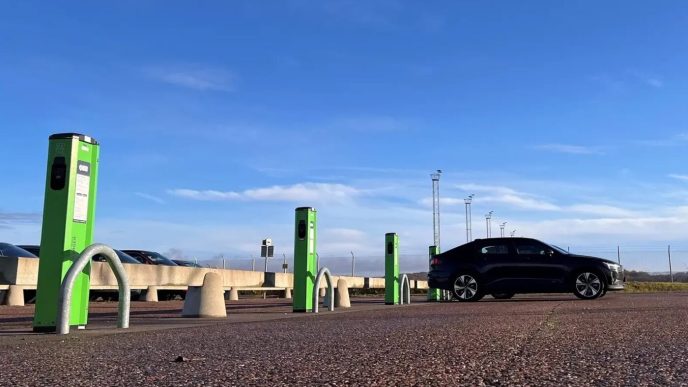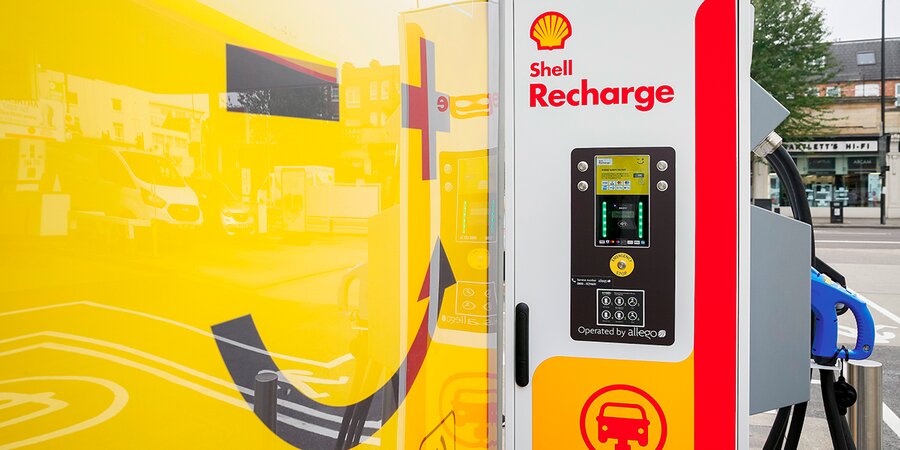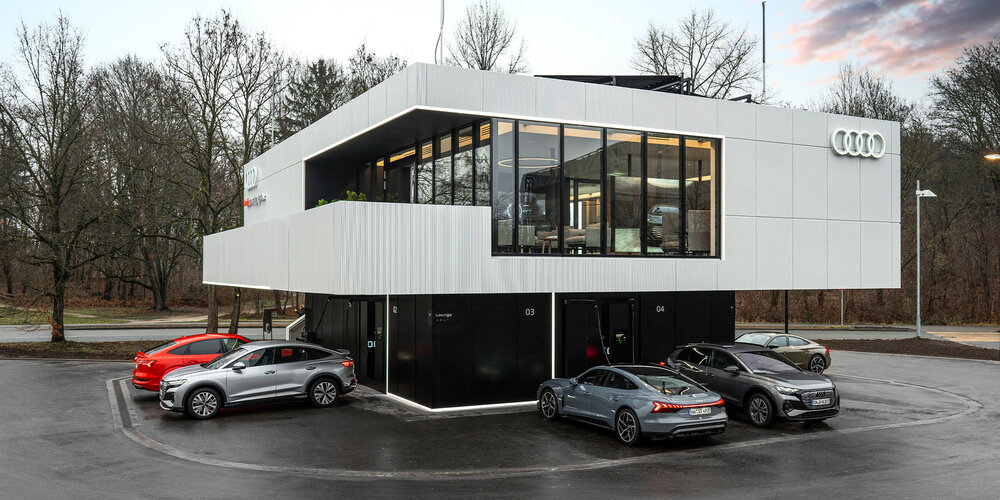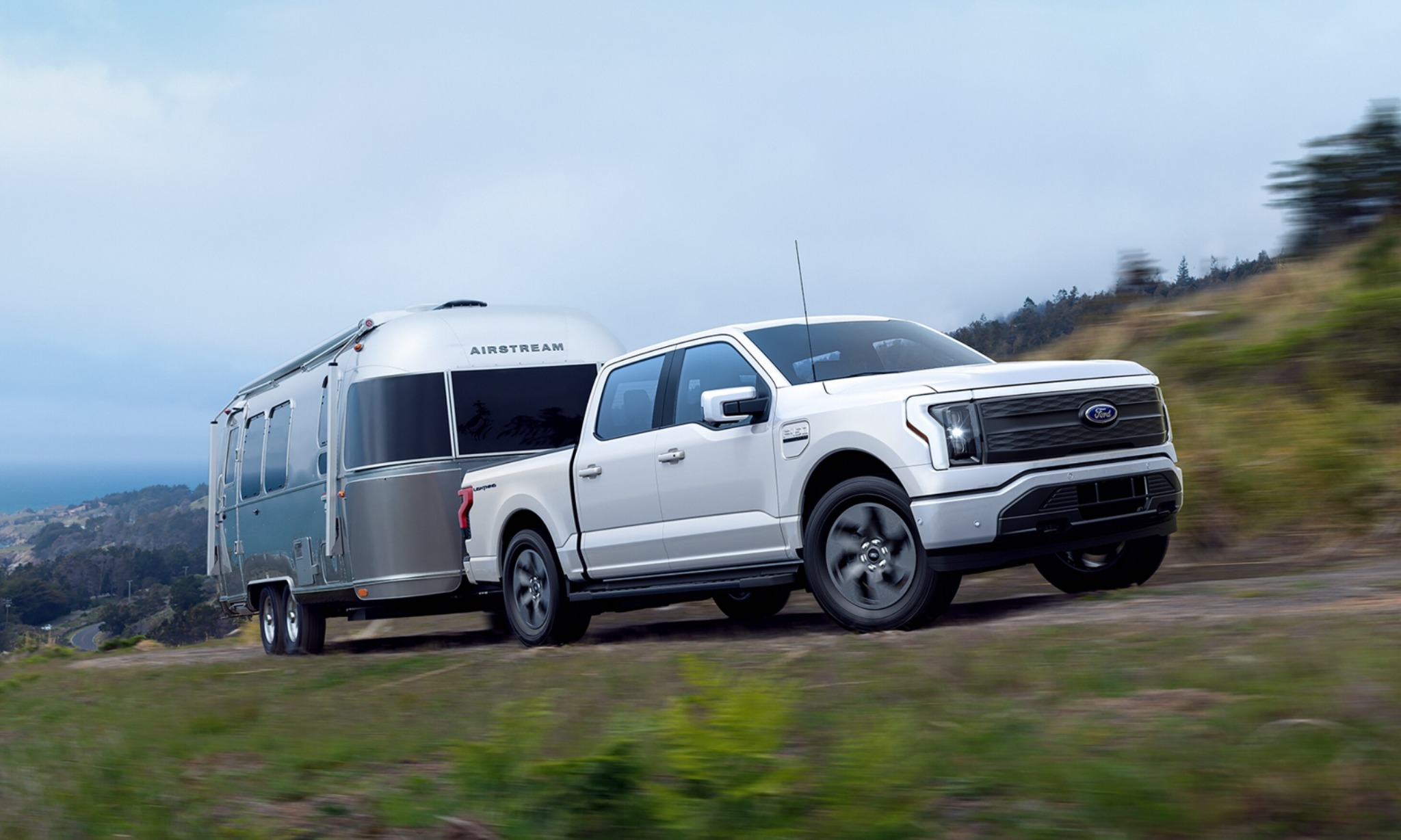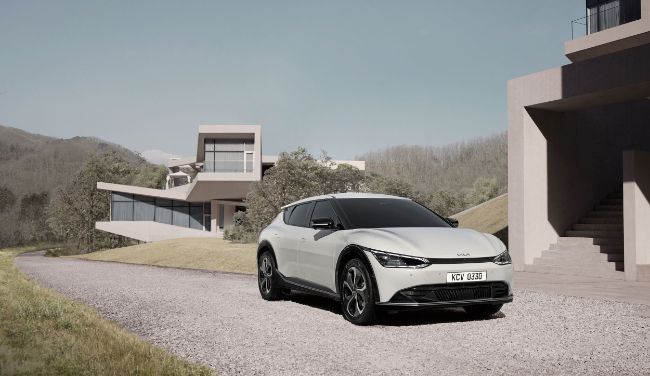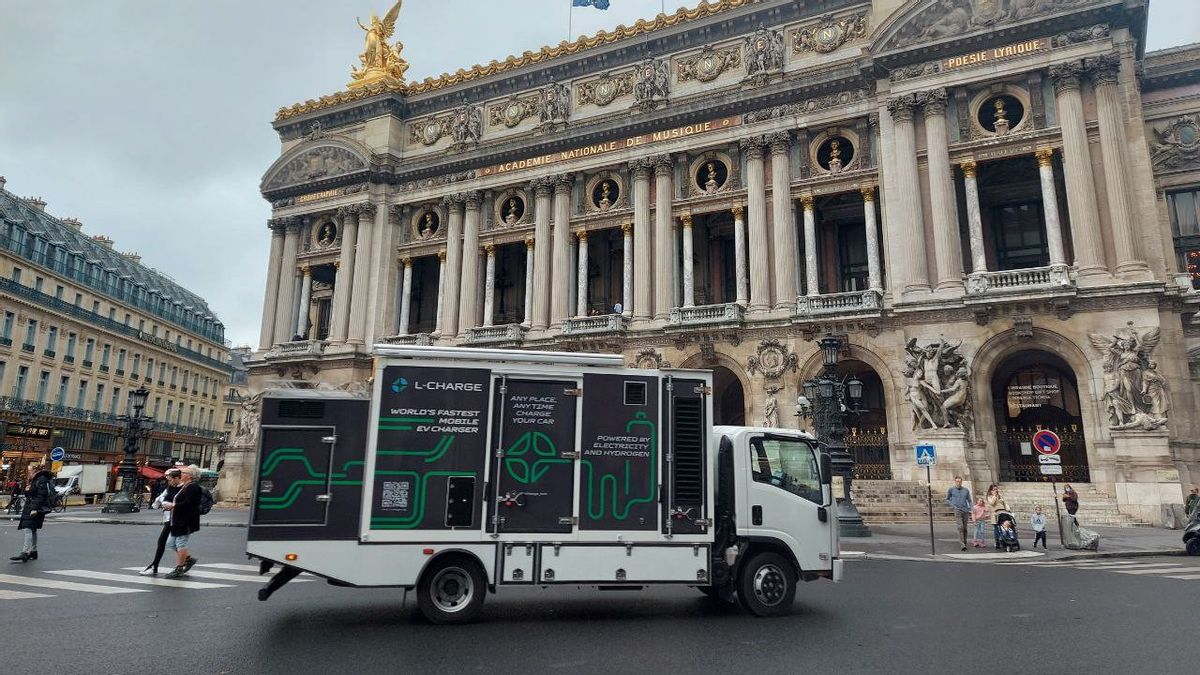Parcel delivery company DPD has entered a strategic agreement with BP Pulse to enhance its electric vehicle (EV) charging infrastructure in the UK. Under the deal, BP Pulse will upgrade existing chargers and install new fast-charging stations at DPD’s facilities, accelerating the company’s transition to an all-electric fleet.
So far, 14 DPD sites have been upgraded, with an additional 16 planned for 2025. These include key hub locations in cities such as Edinburgh, Leeds, Glasgow, Liverpool, and Middleton. Valerio Ferro, General Manager of BP Pulse UK, described the collaboration as a “blueprint for large-scale fleet electric charging solutions.” He added, “This agreement demonstrates BP Pulse’s ability to deliver full-service charging solutions that keep businesses moving efficiently and effectively.”
The partnership extends beyond hardware upgrades. DPD and BP Pulse are exploring integrated digital solutions to optimize the management of DPD’s EV fleet. The two companies have previously collaborated, with DPD drivers benefiting from preferential rates at BP Pulse’s fast-charging network.
DPD has electrified nearly 35% of its UK fleet, deploying approximately 4,000 electric vans. The company aims to cut emissions by 46% by the end of 2024 compared to 2020 levels and has committed to achieving net-zero emissions by 2040. “At DPD, we are committed to our net-zero journey, and the transition of our fleet to all-electric vehicles has been a top priority for a number of years,” said Tim Jones, Director of Marketing, Communications, and Sustainability at DPD Group UK.
While DPD continues to expand its EV operations, the company also uses Hydrotreated Vegetable Oil (HVO) for 95% of its conventional transport fleet, citing an 83% reduction in emissions compared to diesel. Across its global operations, DPD is integrating electric trucks and alternative transport modes, such as electrified rail networks in Switzerland, as part of its comprehensive sustainability plan.
DPD operates over 10,000 vehicles and 85 locations across the UK, delivering more than 400 million parcels annually. So far this year, the company reports completing over 77 million deliveries using electric vehicles.

